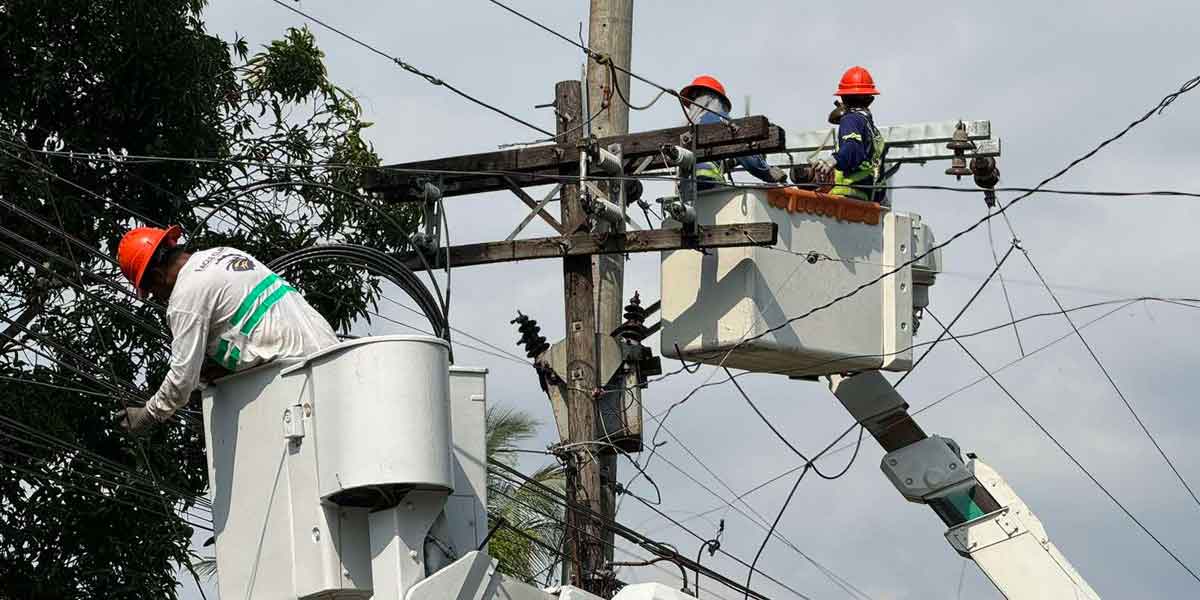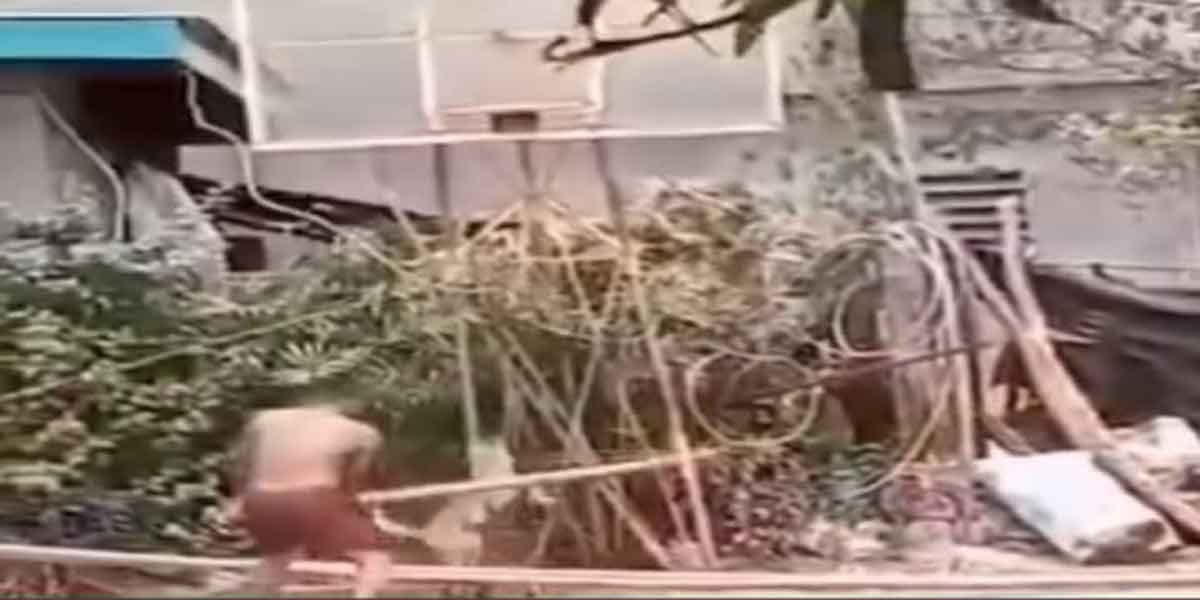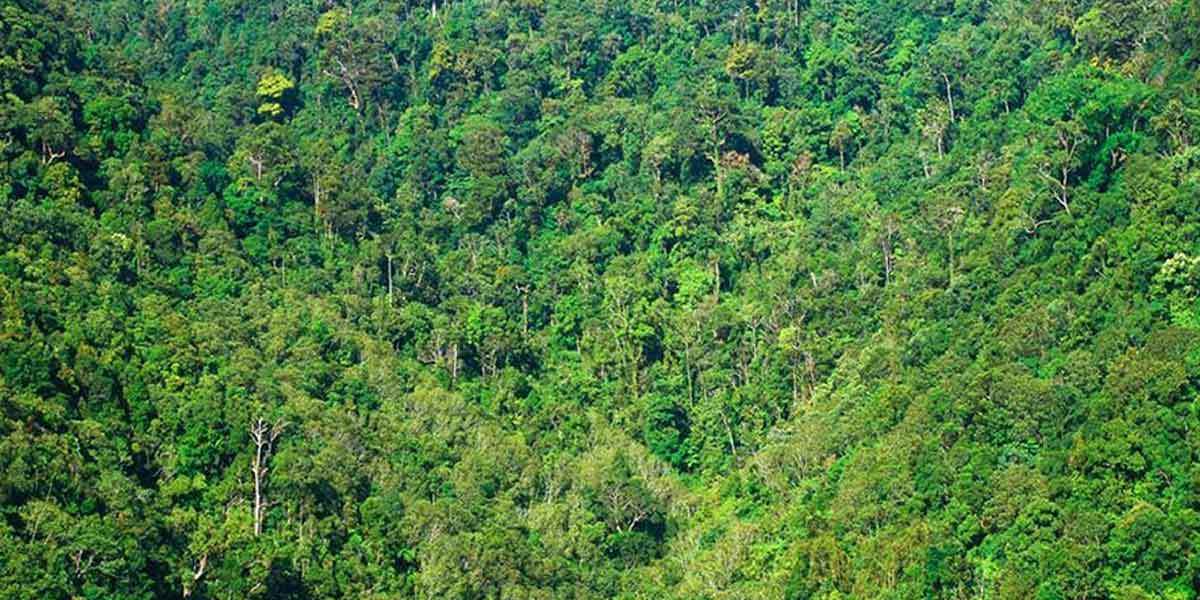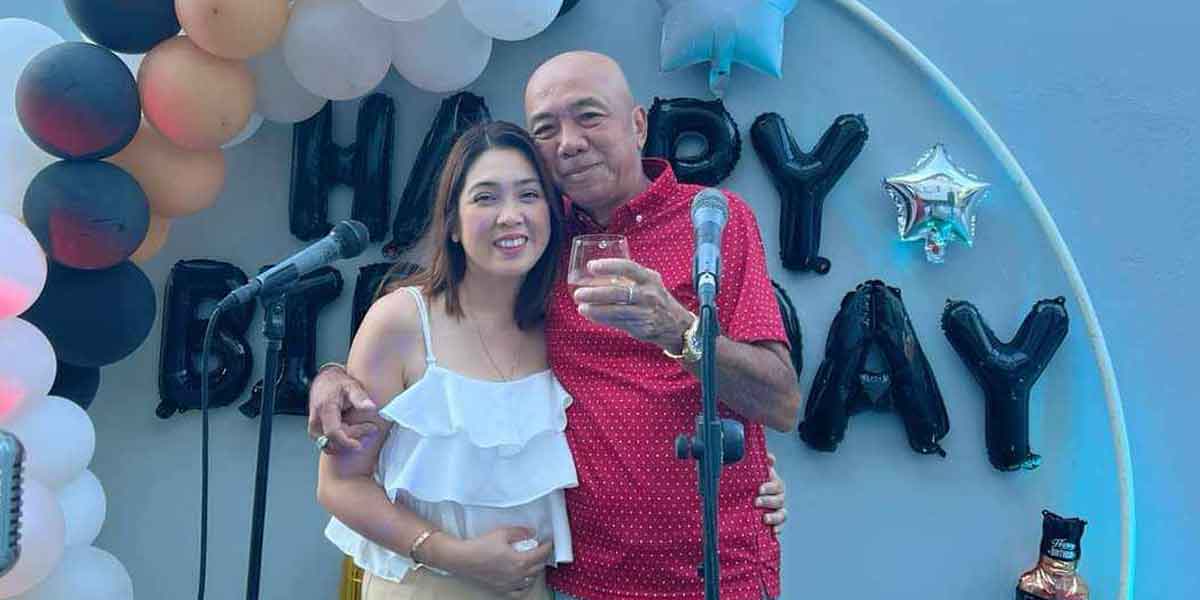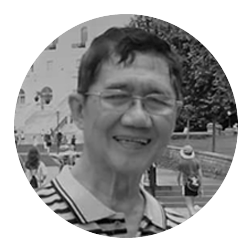 By Herbert Vego
By Herbert Vego
IT could have been scary news that broke into the front page of the Daily Guardian yesterday. But it was not, and all because buy-busts have become a familiar daily “game” between the law enforcers and the illegal drug pushers.
“P55M worth of drugs seized,” screamed its headline, “in 4-month police operations in WV.”
The story went on to credit the Police Regional Office 6 (PRO-6) for having breezed through a total of 662 anti-illegal drug operations were from January to April 2021.
As to why the police could not name any drug lord behind those operations, was it because all they had bagged were ordinary drug pushers who would never betray their ruthless shabu sources?
It is not surprising that in this age of Covid-19 pandemic, the “lowly” isang-kahig-isang-tuka – cash-strapped tri-sikad drivers, tricycle drivers, jeepney drivers and street vendors – are among the unlucky people trapped in drug buy-busts. They have succumbed to the “carrot” dangled by wealthy drug dealers – the opportunity to “retire” from lifetime poverty.
No doubt, as long as the big-time, well-connected drug importers and suppliers remain scot-free, there would be no end in sight to apprehensions of their dispensable underlings.
This sad reality is that President Rodrigo Duterte has not fulfilled his promise to end the drug problem in the Philippines within the first three to six months of his term.
As in Colombia and Mexico, not even extra-judicial killings would end the illegal drug trade. If supplies of shabu and other prohibited drugs keep coming in from untouchable sources, there will always be desperate risk takers willing to bite the “carrot.”
If you have relatives abroad, you must have heard them gnashing teeth over how ugly the image of the Philippine government has morphed because of “extrajudicial killings” committed in the name of “war on drugs”. It’s as if the Philippines has become the most “shabulized” nation in the world. It’s as if drug addiction were our biggest problem.
Like cigarette smoking, drug addiction feeds on availability of the addictive substance. It could only be stopped either by “curing” the addiction (easier said than done) or rounding up foreign sources of drugs and their well-connected local conduits.
We have become accustomed to news reports linking high-level officials at the Bureau of Customs to Chinese drug suppliers.
Whether real or alias, the name Peter Lim has become familiar for being that of the biggest drug lord in the Philippines, who remains at large. If he was the same Peter Lim photographed paying a visit to his kumpare in Malacañang in July 2016, then we know why the long arm of the law is not long enough to get him. If, as rumored, he heads a sub-group of one of the drug syndicates comprising the Chinese Triad, then all this “war on drugs” would eventually emerge as a farce.
In fairness, according to old newspaper reports, five groups comprising the Chinese Triad had already been operating in the Philippines long before Duterte came to power. In that period, they were identified as the Big Circle Gang, United Bamboo Gang, 14K Gang, Ghost Shadows and San Yee on.
If the shadowy “Binondo Central Bank” sounds familiar to us senior citizens, it’s because it was the “bank” that laundered their money abroad.
The present Triad big bosses are believed to be the scions of original large-scale drug traffickers from mainland China.
Lest you forget, the first big shabu shipment from China worth P6-4-billion shabu was discovered at the Hong Fei Logistics warehouse in Valenzuela City on May 26, 2017.
The shipment had been unloaded from five metal cylinders that had passed through the Manila International Container Port.
Much earlier in 1998 during the last days of the Fidel Ramos presidency, an alleged Chinese-Filipino drug lord known as Fred Tiongco was arrested in Hong Kong. It was an embarrassment for Senator Tito Sotto who was identified in the media as Fred’s “best friend”.
Sotto, now Senate President, appears to have “changed,” being now on the warpath against illegal drugs; hence, an advocate kuno of death penalty for drug dealers.
Sad, but as the saying goes, “We deserve the leaders we elect.”
—0—
SAFETY IS THEIR BUSINESS
IT’S almost every day that one sees a response vehicle of MORE Electric and Power Corp. (MORE Power) roving around Iloilo City. It is a 24-hour activity aimed at checking power lines for safety and responding to calls for help from customers.
They go as far as the remote barangays to monitor the power lines and encourage the people to speak out on whatever energy problem needs to be solved.
“Safety for all” is how MORE Power president Roel Castro summarizes his men’s round-the-clock roving.
“We intend to be the leading world-class distribution utility in the country,” he responded to our query on why they had to be so efficient. “We need to do our share in boosting business dynamism in the community, to delight to our power consumers, to satisfy our stakeholders, and to foster a nurturing and learning culture among employees of the company.”
Safety for all means eliminating illegal connections, rehabilitating the power lines, replacing obsolete facilities with durable ones, and acquiring state-of-the-art equipment so that brownouts would eventually be minimized, if not totally stopped.

